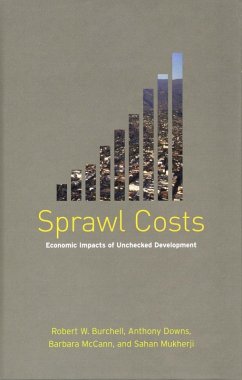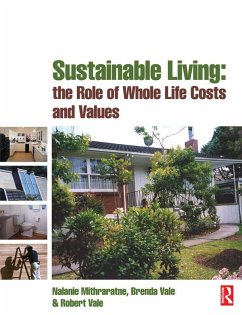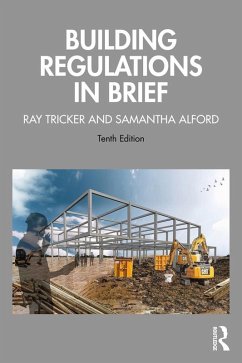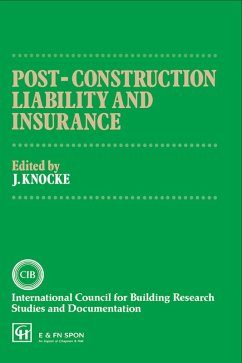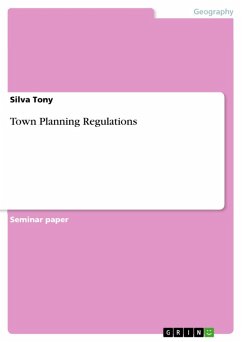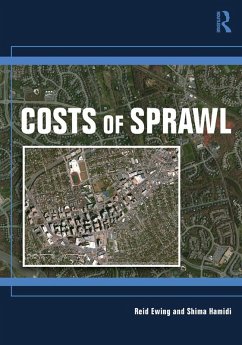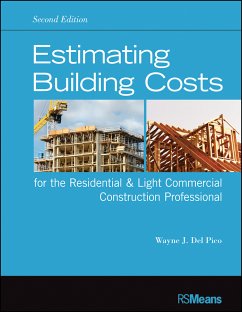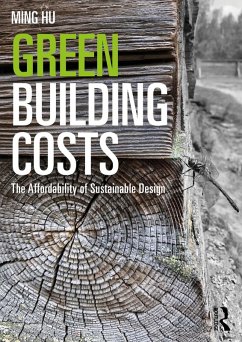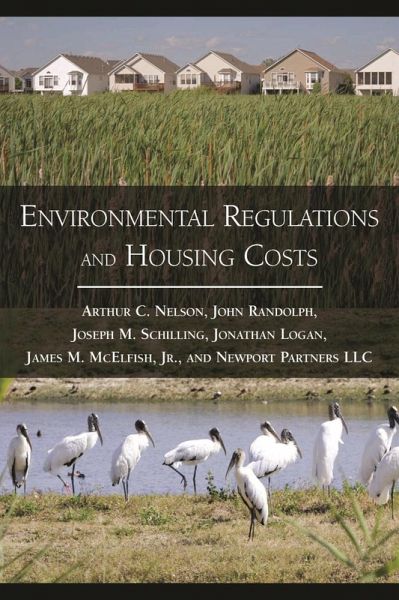
Environmental Regulations and Housing Costs (eBook, ePUB)

PAYBACK Punkte
22 °P sammeln!
Many communities across the nation still lack affordable housing. And many officials continue to claim that "e;affordable housing"e; is an oxymoron. Building inexpensively is impossible, they say, because there are too many regulations. Required environmental impact statements and habitat protection laws, they contend, drive up the costs of construction. But is this actually true? In a comprehensive study of the question, the authors of this eye-opening book separate fact from myth. With admirable clarity, they describe the policy debate from its beginning, review the economic theory, ...
Many communities across the nation still lack affordable housing. And many officials continue to claim that "e;affordable housing"e; is an oxymoron. Building inexpensively is impossible, they say, because there are too many regulations. Required environmental impact statements and habitat protection laws, they contend, drive up the costs of construction. But is this actually true? In a comprehensive study of the question, the authors of this eye-opening book separate fact from myth. With admirable clarity, they describe the policy debate from its beginning, review the economic theory, trace the evolution of developmregulation, and summarize the major research on the topic. In addition, they offer their own research, accompanied by a case study of two strikingly differWashington, D.C., suburbs. They also include results of focus groups conducted in Dallas, Denver, and Tucson. The authors find that environmental regulatory costs-as a share of total costs and processes-are about the same now as they were thirty years ago, even though there are far more regulations today. They find, too, that environmental regulations may actually create benefits that could improve the value of housing. Although they conclude that regulations do not appear to drive up housing costs more now than in the past, they do offer recommendations of ways in which the processes associated with regulations-including review procedures-could be improved and could result in csavings. Intended primarily for professionals who are involved in, or impacted by, regulations-from public officials, planners, and engineers to housing developers and community activists-this book will provide useful insights and data to anyone who wants to know if (and how) American housing can actually be made "e;affordable."e;
Dieser Download kann aus rechtlichen Gründen nur mit Rechnungsadresse in A, B, BG, CY, CZ, D, DK, EW, E, FIN, F, GR, HR, H, IRL, I, LT, L, LR, M, NL, PL, P, R, S, SLO, SK ausgeliefert werden.




